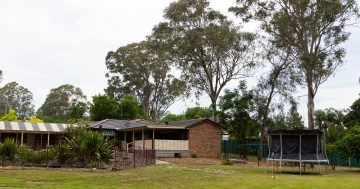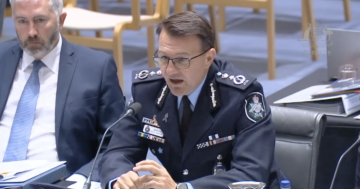 New research commissioned by the Australian Federal Police (AFP) has revealed that young people living in out-of-home care are the most likely to go missing and be exposed to harm, exploitation and crime.
New research commissioned by the Australian Federal Police (AFP) has revealed that young people living in out-of-home care are the most likely to go missing and be exposed to harm, exploitation and crime.
Coordinator of the AFP’s National Missing Persons Coordination Centre (NMPCC), Jodie McEwan said the report, Children and Youth Reported Missing from Out-of-home Care in Australia, was prepared to help police better understand why children went missing in Australia, and how those at risk could be protected.
“While police stand ready to respond to missing persons reports and bring these young people home, we want to take preventative steps to support these vulnerable children before harm comes to them,” Ms McEwan said.
“Examining more than 3,000 reports of missing children across a 30-day period in 2019 has revealed a number of ‘push and pull’ factors that drive young people, particularly those in out-of-home care, to go missing.”
She said that while young people aged 13-to-17 in out-of-home care made up less than one per cent of the youth population in Australia, but made up more than 70 per cent of missing youth reports.
“Of these, females and Indigenous youth were identified as being most at risk,” Ms McEwan said.
“This is due a range of factors, such as the desire to reconnect with important aspects of their life outside of the out-of-home care, a lack of support services, unhappiness with their placement, or to escape an unsafe or unsatisfactory environment.”
She said the findings also demonstrated the heightened vulnerable status of young people in out-of-home care, and the need for greater preventative action.
“The research found that some young people had been exposed to harm while missing, with children returning home drug-affected, exhibiting mental health issues or with unexplained physical injuries,” Ms McEwan said.
“It also identified cases of under-age girls being returned to care homes by unknown adult men, and associating with older youths known to police.”
The 190-page research report can be accessed on the AFP’s Missing Person’s website at this PS News link.











